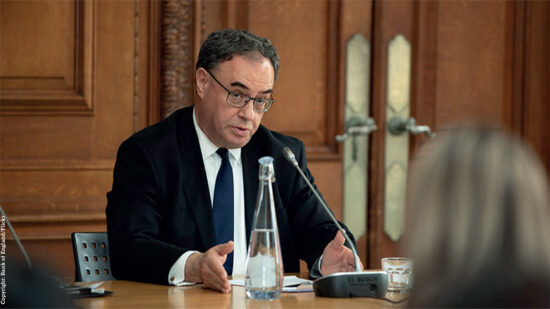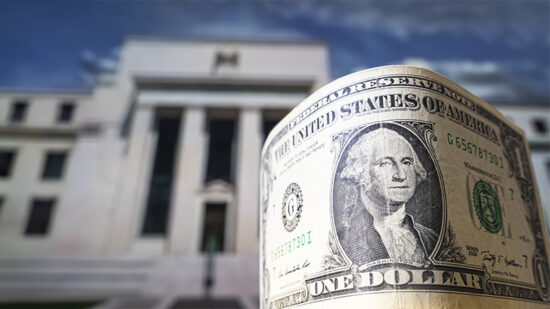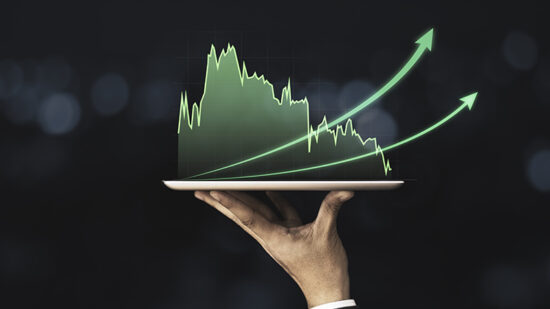When measured in terms of purchasing power parity, the yuan in fact is comparable to the dollar, even though a Big Mac burger is 44% cheaper in China than America, according to the London-based business magazine.
Referring to a chart it calls “a beefed-up version” of its standard Big Mac Index – which shows both the raw price charged in various countries for the McDonald’s company’s best-known product as well as the product’s price when adjusted to GDP per person – The Economist notes that “average prices should be lower in poor countries than in rich ones because labour costs are lower…[thus] cheap burgers in China do not prove that the yuan is massively under-valued” there.
This notion, the magazine’s writers note, is something for those American politicians, who in the past have used the Big Mac Index to argue for the yuan to be allowed to rise in value against the dollar, “to chew over”.
One currency that The Economist survey does suggest is hugely over-valued is the Brazilian real, followed by the Argentine peso. The euro is described as “also significantly” over-valued.
The Economist cooked up the Big Mac Index, so to speak, some 25 years ago as a novel way to explain purchasing-power parity – the idea that in the long run, exchange rates should move towards the rate that would equalise the prices of a basket of goods and services around the world.
But, the magazine notes, "burgernomics" has in fact provided serious food for thought over the years.
"Some economists think the Big Mac Index has been surprisingly accurate in predicting long-run movements in exchange rates," it points out.
"It has also provided a few hot tips (and some half-baked ones) for investors." (Not to mention plenty of pun-making ingredients for some journalists…)
To see The Economist’s coverage of its Big Mac Index, click here.








